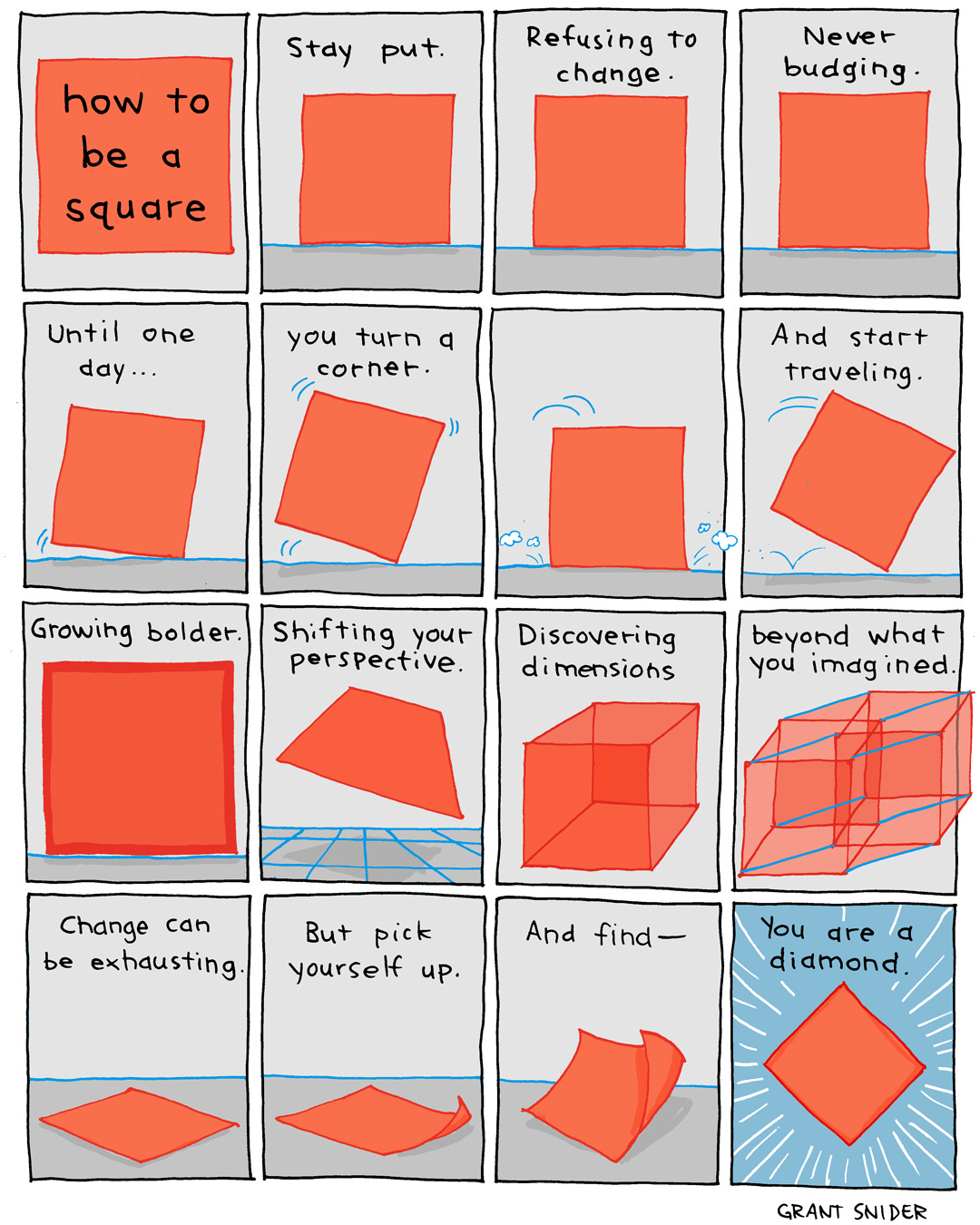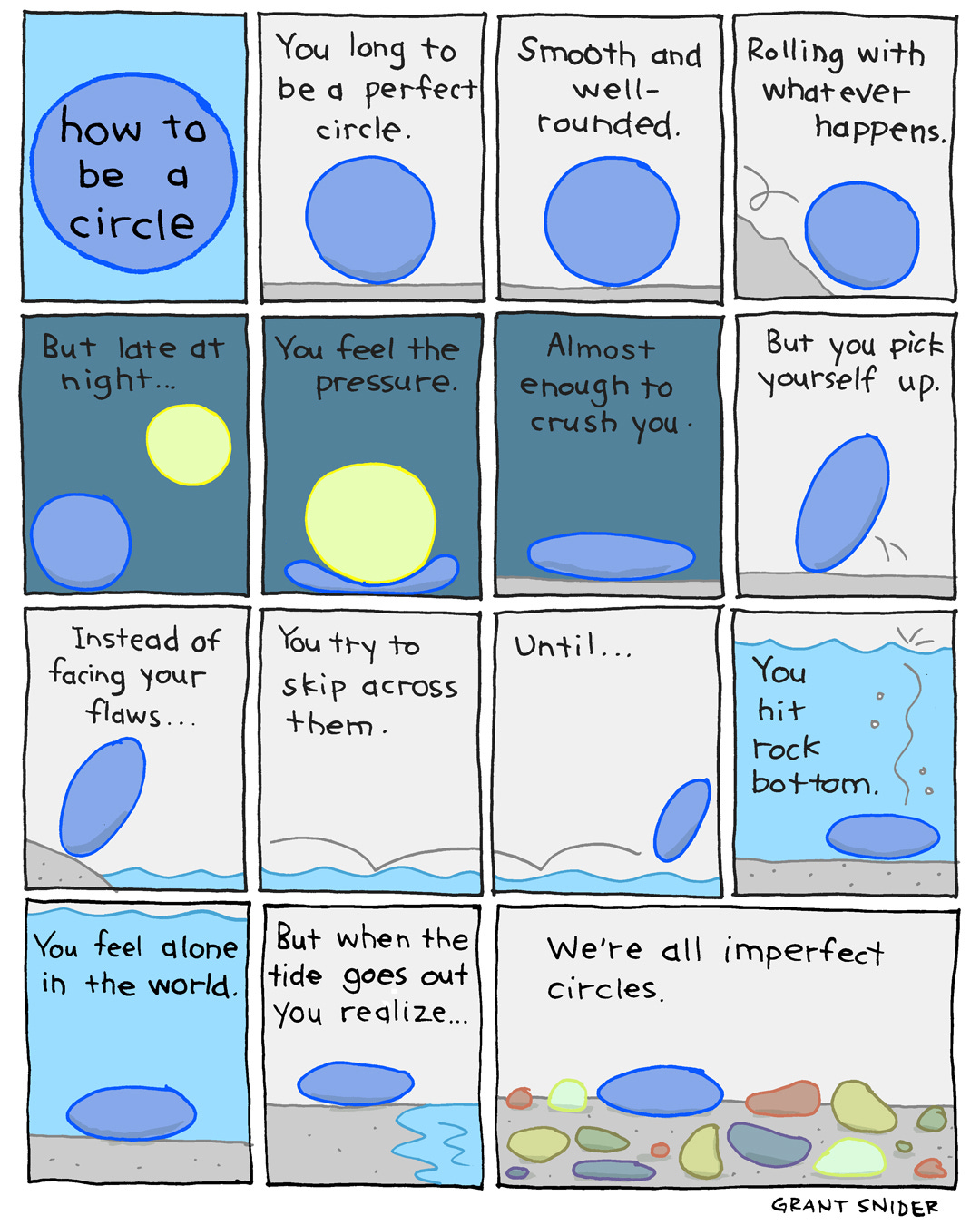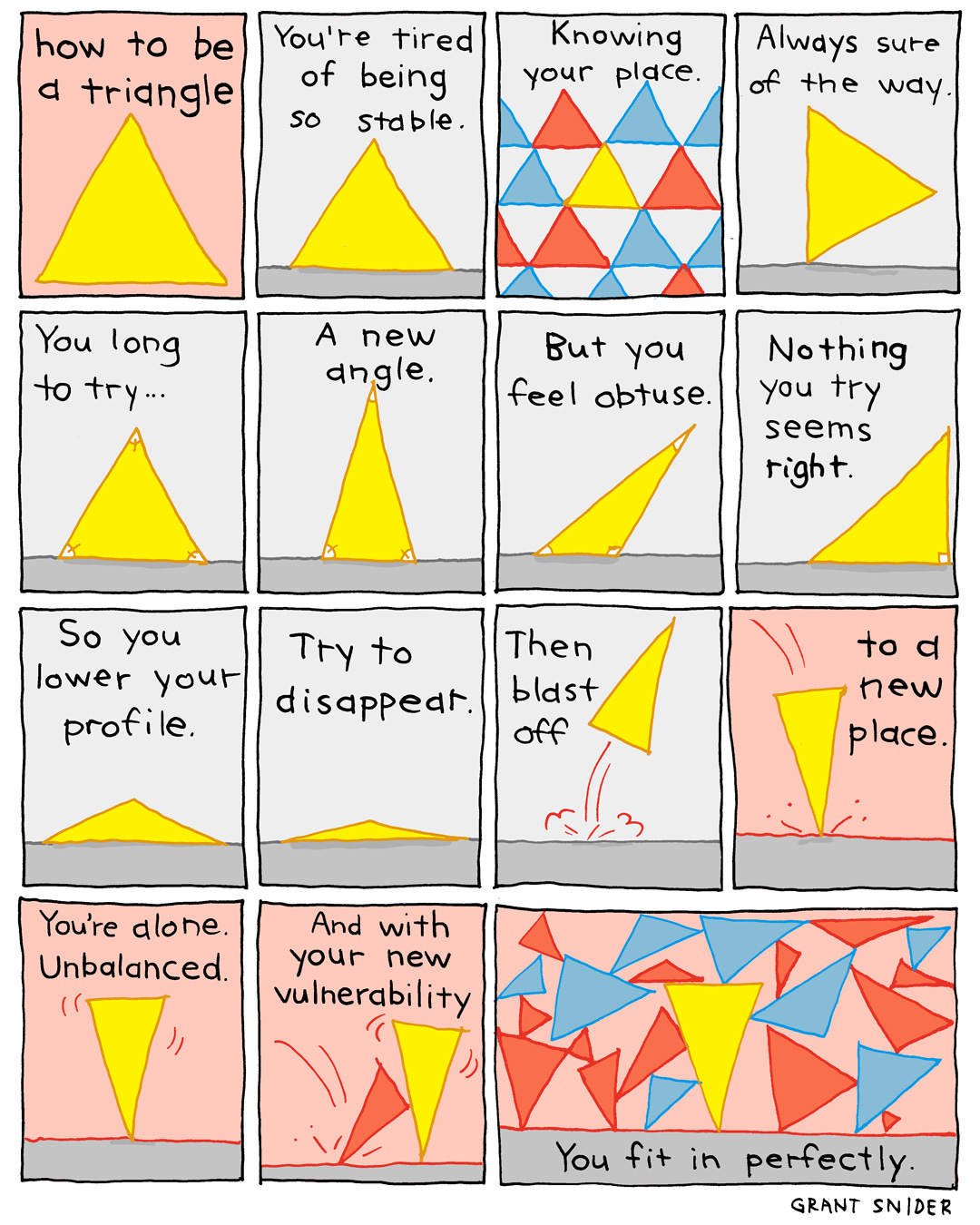Are you a LIGHT
that are a part of many Candles. . . ?
ARE YOU A LIGHT THAT IS A PART OF MANY CANDLES
may not be the right question. . .
DO
YOU
WANT
TO
BE
 Pssssssssssssssst:
Pssssssssssssssst:
JOIN ME
There’s songs to be sung
Candles to be lit
Lights
to
be
shared. . .
































